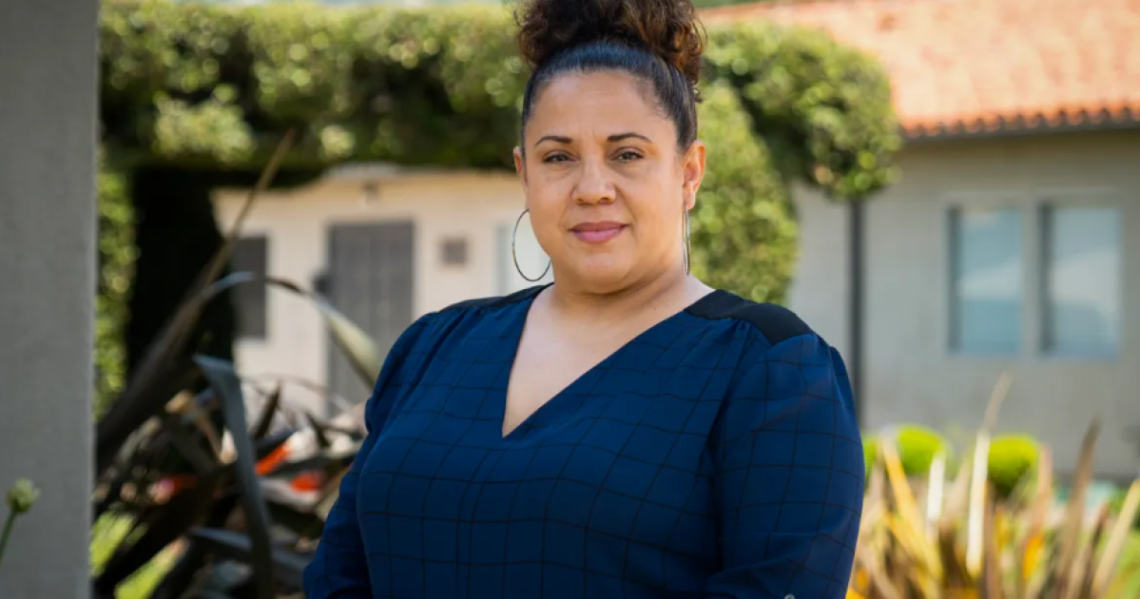Cynthia Garcia Williams was 30-years-old and six months sober when the state let her bring her three kids home from foster care. She had been addicted to drugs on-and-off for 17 years and didn’t know how to begin caring for her children, Garcia Williams said.
“The last I had the kids, I was totally in my addiction. When they came home I didn’t know what to do. I felt like these little kids were looking at me like ‘do something,’” Garcia Williams said. “I had lost all of my skills.”
That was seven years ago. Today, Garcia Williams works as a peer support specialist in Los Angeles County, who helps other parents and kids navigate the state’s byzantine social services and health care system as they work through their own challenges with addiction, mental illness or family separation. But she wouldn’t have made it this far without her own parent partner to teach her “everything it is to be human” and champion her cause.
The state has touted the success of investing more Medi-Cal dollars into programs like the peer support one Garcia Williams works for as well as other non-traditional medical services as part of its multi-year plan to overhaul the Medi-Cal system, known as CalAIM. Medi-Cal is the state’s health insurance program for very low-income Californians. One of the goals of CalAIM is to use Medi-Cal money to address issues like housing instability, food insecurity or addiction. Patients with those issues often have the most complex health needs and cost the state the most money — roughly half of the system’s total budget. In the long term, the state says CalAim will save tax dollars.
The latest CalAIM reform, which…
Read the full article here







